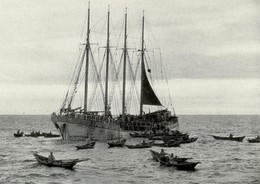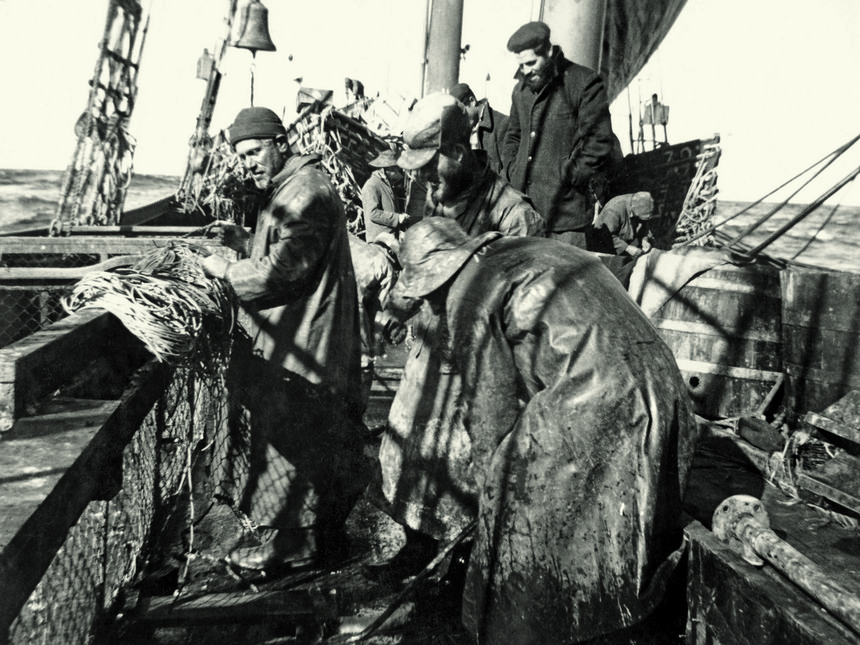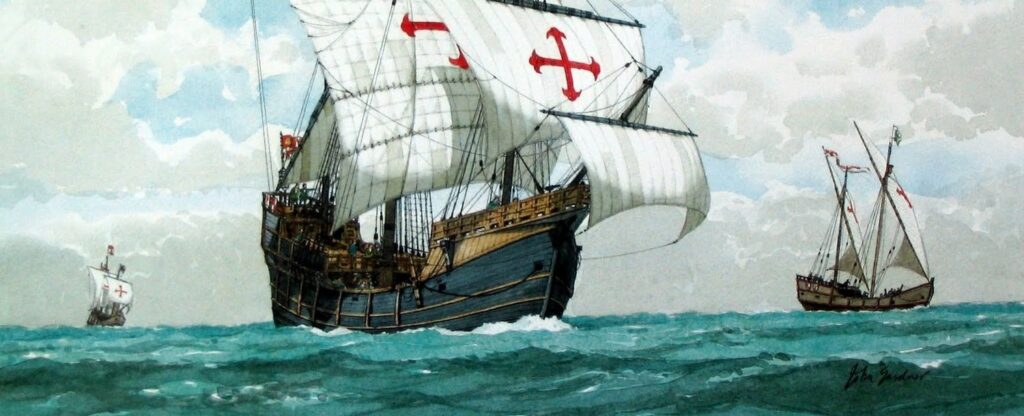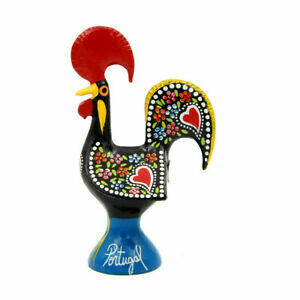
Fiel Amigo
As early as the 1960’s when Portugal was engaged in wars in its former African
territories. Portugal had mandatory military service which often required the
men to deploy to these war zones. At this time Portugal’s leader was
resolved in fostering Portuguese symbols pride like the Portuguese historical relationship with the sea and therefore supporting the Bacalhau fleets.

It was said that at the time the Portuguese government gave these young men
with mandatory service the option to serve their countries either on
these boats fishing for Bacalhau or in the military where most certainly meant going into a dangerous warzones.
Given those options many preferred the risks and dangers of warfare to the
hazards and difficult conditions of living and working on these boats.

The Portuguese discovered Bacalhau around the 15th century during the age of
exploration and discovery. At this time they provisioned their ships in
preparation for the long voyages with nonperishable food rations. Bacalhau was
integral part source of nourishment on those expeditions.
That led them to attempt curing various other types of fish available along the
Portuguese coast but no other fish preserved as well as Bacalhau.
Then it was that Bacalhau was given the nickname of “Fiel Amigo” or “Faithful
Friend” as it was always available since it would not deteriorate or go bad.
Since it was also inexpensive it quickly became popular in Portugal and the
Portuguese became the biggest consumers of it in the world. It maintains its
central position in Portuguese traditions and cuisine today.

